Estimated reading time: 15 minutes
If the off-grid way of life is calling to you, you already have an adventurous spirit. However, to succeed as a self-sufficient homesteader, you also need to learn these basic pioneer skills.
Our forefathers and foremothers did not consider this list to be anything other than ordinary, but knowing them will set you apart from the average American today. Here are 25 pioneer skills you need to know in order to be self-sufficient.
Want to save this post for later? Click Here to Pin It On Pinterest!
1. Bartering and Trading
We can’t all be proficient at everything. Therefore, successful homesteaders build a network of like-minded individuals with whom they can trade and barter.
What services, products, and skills do you possess that you can trade with others for what you need? You might consider establishing a local group like this one, the Maryland Homesteader and Barter Network.
And here are some bartering tips:
2. Basic Carpentry
Chicken coops, barns, decks, fencing, shelves, even play structures — there is no end to the things you may need or want to build on your homestead. Basic carpentry skills will come in handy to make repairs as well.
Some carpenters and even home stores offer classes for beginners, and learning is best by doing. You also will need to invest in a set of quality tools for your projects.
Here are a few resources for beginners:
- Step-by-Step Basic Carpentry
- Woodworking Basics – Mastering the Essentials of Craftsmanship
- Carpentry for Beginners: How to Use Tools, Basic Joints, Workshop Practice, Designs for Things to Make
3. Basic First Aid
With all the work involved in running a homestead, minor injuries can be commonplace. Common sense (proper lighting, footwear, and equipment, for example) and foresight can prevent some of them but not all of them.
Five first aid skills everyone should know include:
- Cleaning and Dressing Wounds
- Making a Makeshift Splint or Sling
- CPR (cardiopulmonary resuscitation)
- Treating Shock
- The Heimlich Maneuver
The Red Cross offers first aid classes in many areas. Check this website for more information.
4. Beekeeping
Here’s one you may not have thought of. However, the pioneers from years gone past needed bees to pollinate their crops and produce wax (and of course, their honey). That’s why movable comb hives used to be a common presence in America.
Granted, the idea of having stinging insects flying around may not sound appealing to you, but the endless supply of honey and wax for medicinal and rainproofing purposes should hopefully outweigh that.
5. Blacksmithing
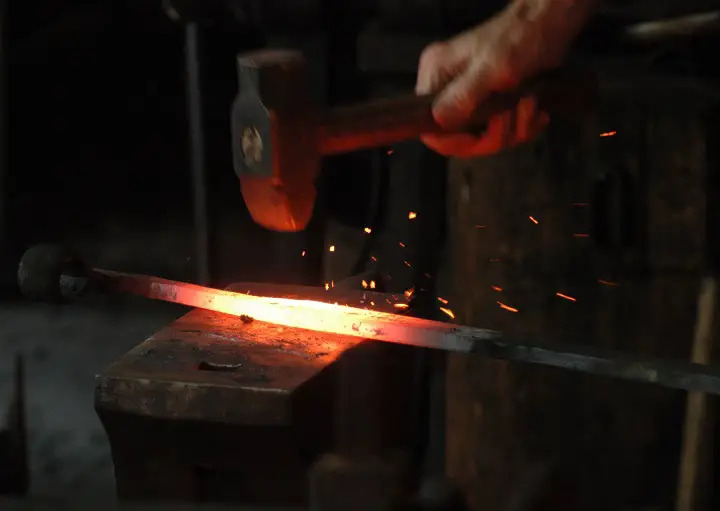
Blacksmiths could repair anything from irons to wheels to fishing equipment to horseshoes to farm equipment and so on. Every town had and needed a blacksmith.
In today’s world, knowing how to repurpose metal and having the proper equipment to do so will be critical. The wonders that you can do with an anvil, hammer, and a hot forge are truly marvelous. Even though this is a very difficult skill to learn, even basic blacksmithing knowledge and experience will go a long way. Start here:
6. Butchering
Along with hunting and raising your own livestock comes the skill of butchering. An animal that is not properly cleaned and butchered can cause food waste and even illness. It is a complicated process that is best learned by working with someone who knows how to do it.
Here is a pictorial guide to butchering smaller animals:
Here is a helpful video that gives an overview of butchering a cow: https://youtu.be/WrOzwoMKzH4
7. Candle Making
Pioneers had to know how to make candles. After all, electricity, flashlights, and light bulbs were not around back then. That’s why pioneers relied on simple tallow or beeswax candle as a light source (and as a source of warmth) inside indoor structures.
While many pioneers would simply buy candles, others would actually build their own. At the very least, you can treat candle making as a fun hobby that you do on the side once or twice a week. Here's a good one to start with:
8. Food Preservation
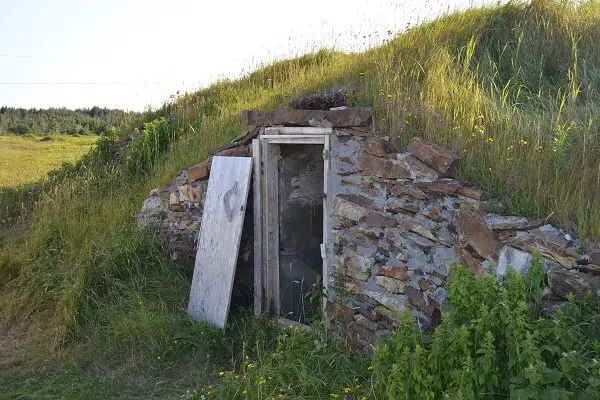
A savvy homesteader stores the bounty from a hunting trip or a garden harvest for future use. Preserving food helps ensure you have enough to eat in harsh weather or in other emergency situations. It also saves you money.
The main types of food preservation include:
- Canning
- Dehydrating
- Freezing
- Pickling
- Smoking
- Fermenting
- Salting
- Root Cellaring
The method you use depends on the food you are preserving and the space and equipment you have. Many homesteaders discover there is both art and science to food preservation. You will no doubt have some trial-and-error experiences, but there is nothing like opening that jar of summer peaches in the dead of winter,
Here are three resources for food preservation:
- Ball Complete Book of Home Preserving
- Preserving Food without Freezing or Canning: Traditional Techniques
- Preserving Everything: Can, Culture, Pickle, Freeze, Ferment, Dehydrate, Salt, Smoke, and Store Fruits, Vegetables, Meat, Milk, and More
- The Homesteader’s Guide to Emergency Food Storage
9. Foraging
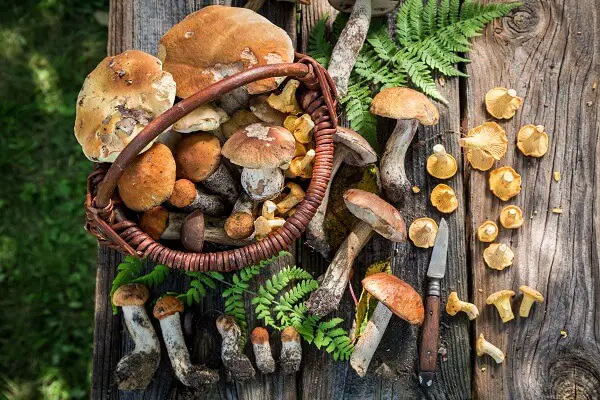
Foraging for food in the wilderness is an important life skill. Nuts, berries, mushrooms, and other plants can be an important food source in an emergency situation, and they can also be part of your regular meals.
Proper identification of edibles is essential for your health and safety. Familiarize yourself with the herbs, weeds, bushes, and trees in your local area and learn as much as you can about your ecosystem.
Your local university extension service can be a great resource. Here are a couple of books to consider:
- 10 Wild Superfoods to Forage in Your Backyard
- 16 Common Edible Mushrooms You Can Forage
- 25 Wild Edibles That Might Be In Your Backyard
10. Gardening
Growing your own food is an essential part of a self-sufficient lifestyle. Whether you are growing fruit and vegetables in containers on a patio or in the ground in a large area of acreage, homesteaders need to know the basics of gardening.
As you become more experienced, you will discover ways to cut your gardening expenses by recycling your containers and re-germinating seeds. Here are two guides to year-round harvesting:
- 12 Simple Ways to Lengthen Your Garden’s Growing Season
- 50 Frugal Gardening Tips That Will Save You a Bundle
- A Strategic Plan for Long-Term Gardening
- Create Endless Fertilizer for Your Garden With Vermicomposting
11. Hunting and Fishing
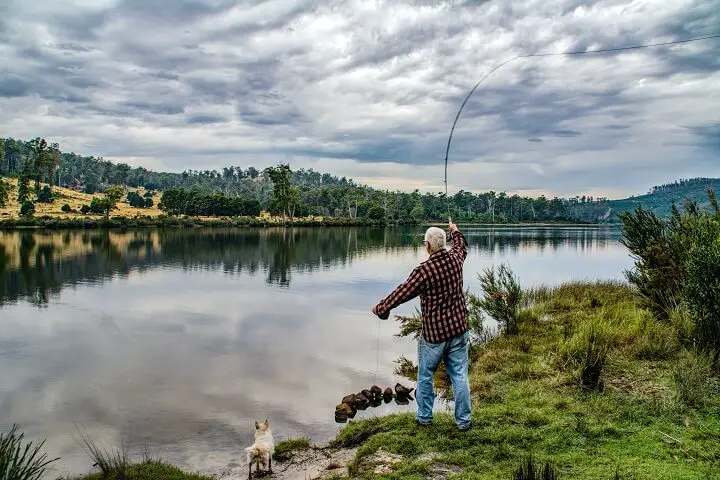
You can supplement what you raise with what you hunt. Depending on where you live, you can hunt fowl, deer, elk, or moose. If you are hunting or fishing off your own property, be sure to study the legal requirements for hunting and fishing in your local area.
If you have never hunted before, don’t worry, you can still learn. Some states offer workshops for beginners, such as these classes in Oregon. Here are some other sources to help:
- It's Never Too Late to Learn to Hunt
- How To Get Started Hunting as an Adult Who Never Learned as a Kid
12. Making Your Own Entertainment
Homesteading is not just about working, it is an entire way of life. And that lifestyle includes time to relax and enjoy your family.
As you become more self-sufficient, you’ll also want to expand your abilities to create homemade, low-tech fun. Bring out the puzzles and the board games. Learn card games and charades. Play musical instruments and sing together. Tell stories and read aloud as a family.
13. Milking
If you end up owning a cow on your property or homestead, this is something you’ll need to learn to do. Milking a cow is something that most pioneers knew how to do. However, milk was actually used very rarely due to no pasteurization and poor storage conditions, but pioneers could still make other products such as butter or cheeses out of them.
Self-sufficiency is a process, not an event. As you find more ways to become independent from the modern grid, remember to enjoy the new freedom that comes with the journey.
14. Natural Remedies and Herbalism

Pioneers often couldn't run to the drugstore for a remedy when they were feeling unwell. Instead, they relied on the knowledge of plants and herbs to treat various ailments.
Learning about the medicinal properties of plants in your area, how to harvest them sustainably, and how to prepare herbal remedies is a valuable skill. Check out “The Complete Medicinal Herbal: A Practical Guide to the Healing Properties of Herbs” for a good starting point.
- A Beginner’s Guide to Herbalism
- Botanical Healing for Beginners: 5 Herbs to Get You Started
- The Top 101 Herbs and Spices for Healing
15. Navigation
Many people rely on GPS and other navigation systems without ever learning how to use a compass or a map.
Modern systems are great tools, but they can fail. However, if you learn time-tested techniques for navigation, you'll be able to send yourself back in the right direction even in the wilderness.
The best navigators are keenly aware of their surroundings. They pay close attention to the weather and to natural landmarks.
Here are two books for beginners:
- Staying Found: The Complete Map & Compass Book
- Wilderness Navigation: Finding Your Way Using Map, Compass, Altimeter, & GPS
16. Rainwater Collection and Purification
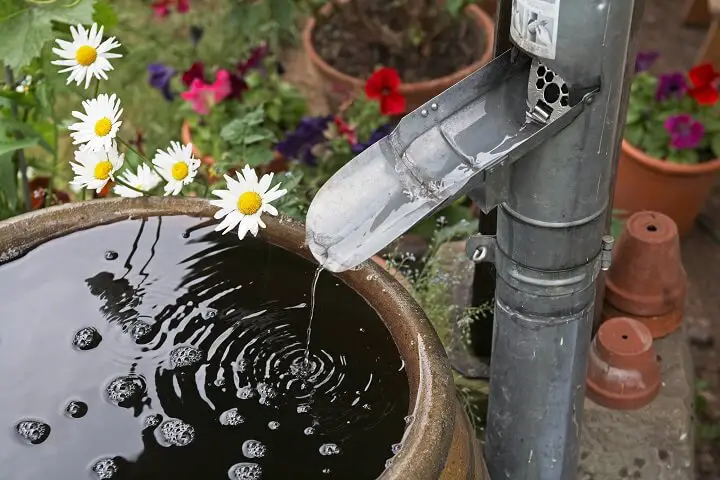
Water is a crucial resource on a homestead. If you don't have a reliable well or stream, knowing how to collect and purify rainwater can be a lifesaver. Rainwater collection involves setting up barrels or other containers to catch rainwater from your roof or other surfaces.
Purification can be as simple as boiling the water, or more complex methods like distillation or filtration might be necessary depending on the water's intended use. Look into “The Rainwater Harvesting Handbook” for more details.
- 10 Rainwater Harvesting Mistakes to Avoid
- How to Harvest and Drink Rainwater
- How to Remove “Forever Chemicals” from Rainwater
17. Raising Livestock
Even a small homestead can support a few animals to supply milk, eggs, and meat. The amount of space you have will determine whether you just raise chickens and rabbits or also larger animals such as cows, sheep, and goats.
It’s best to start small and work your way up the learning curve when it comes to raising livestock. A few details to consider before taking on the commitment of animals on your homestead are:
- Do you have the required fencing and shelter for the animals?
- Can you secure these areas from predators?
- How will you get water to the animals – especially in the winter months?
Here are two resources to help you get started:
- The Backyard Homestead Guide to Raising Farm Animals
- The Backyard Homestead: Produce all the food you need on just a quarter acre!
18. Rope Making
Rope is an incredibly versatile tool, used for everything from tying down loads to forming clotheslines, and even for crafting handmade furniture. Knowing how to make your own rope from available materials like plant fibers or animal hair can be a valuable skill on a homestead.
It may take some practice to master the twisting and braiding techniques, but the end result will be a useful and durable tool. Resources such as “The Complete Guide to Rope Making” can guide you through the process.
19. Sewing and Weaving
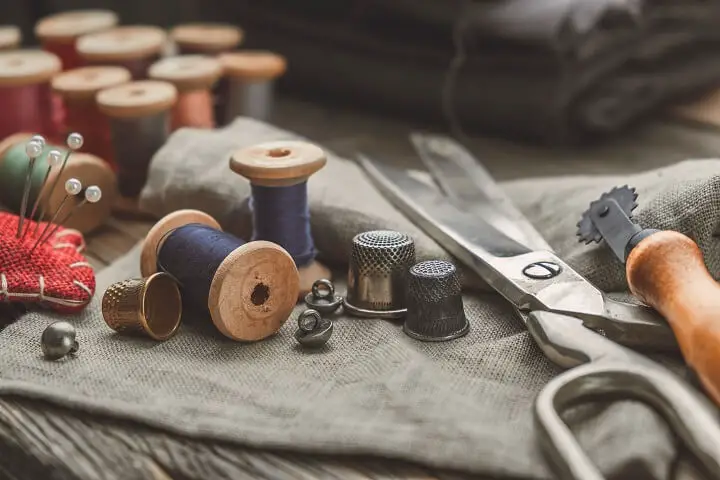
With simple hand sewing skills, you can mend clothes, replace buttons, and darn socks. When you build upon these skills to make clothes for your family, you will save money and become more self-sufficient. Plus, it is a very satisfying creative outlet.
There are many books and videos that teach basic sewing and weaving skills. Once again, it is best to learn by apprenticing with someone who knows how.
Here are a few books and a video covering the basics:
- Sewing 101: A Beginners Guide to Sewing
- Weaving for Beginners: An Illustrated Guide
- Sewing Machine Basics: A Step-By-Step Course for First-Time Stitchers
20. Shoe Repair and Cobbling
Footwear is essential for protecting your feet from harsh elements and rough terrains. Shoes and boots can wear out quickly on a homestead, so knowing how to repair them can prolong their life and save resources.
Basic cobbling skills include understanding different types of shoes, knowing how to replace soles and heels, and being able to stitch up torn areas. Books like Handmade Shoes for Men can introduce these skills.
- I Made Shoes! | Beginner Shoemaking Tips and Tools
- Shoemaking Supplies for Your Next Project: A Guide for Beginners
21. Soap Making
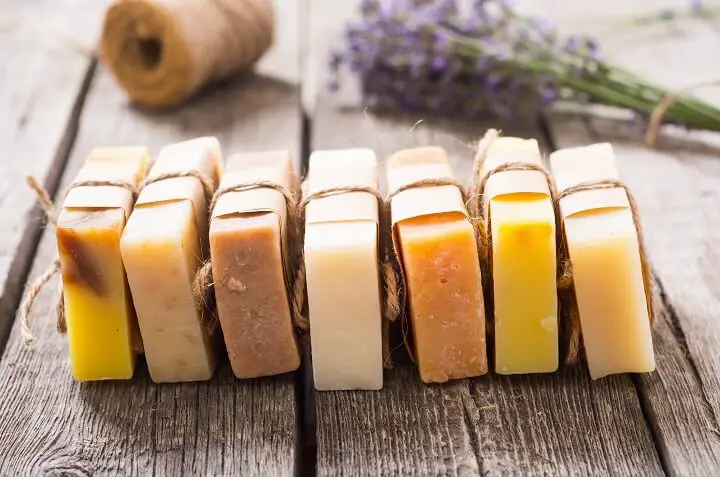
Soap will serve many practical purposes in a grid-down scenario. Not only is it absolutely vital for cleaning/hygienic purposes and for keeping bad diseases at bay, it will also be a very valuable bartering tool.
Most pioneers made soap from potash soup, lye, and animal fat. Like candle making, learning how to make soap does not have to be a difficult process. Treat it like a fun hobby where you practice it once or twice a week. Here are a few tutorials to start with:
- How to Make Soap from Fat and Ashes
- Simple Soap Recipe With Olive Oil and Coconut Oil
- Oat & Honey Soap Recipe for Beginners
- How to Make Castile Soap (The Most Gentle Soap!)
22. Starting a Fire and Cooking Over Open Fire
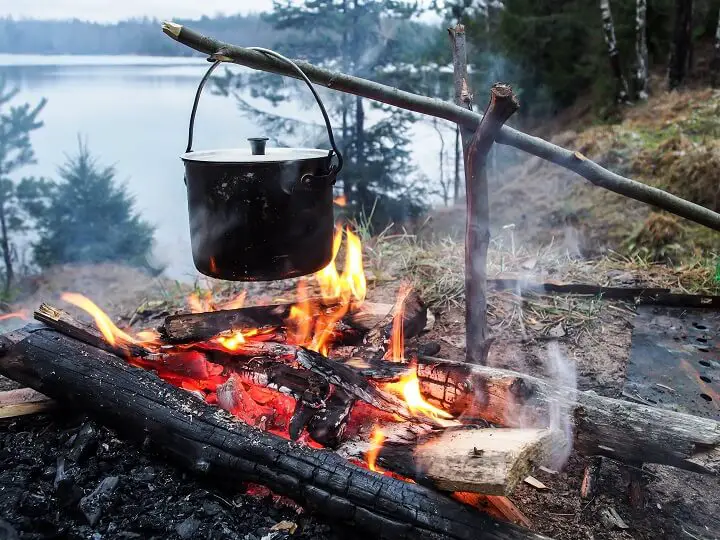
Two of the most ancient practical life skills are starting a fire and cooking over an open fire.
Firewood should be as dry as possible and can vary in size from one to five inches in diameter. To create a fire pit, first clear away any vegetation or dead grass for 10 feet around.
Then dig down into the bare soil for several inches, setting the loose dirt off to the side for use in case the fire gets out of hand. Another option is to mound the dirt or place large rocks around the perimeter of the pit to insulate the fire.
Now lay a bed of tinder about a foot in diameter in the center of the fire pit. Tinder is light, quick burning material. In addition to commercial fire sticks and fire starters, there are many forms of tinder available on your homestead, including wood shavings, cardboard pieces, and dryer lint.
For cooking, arrange your kindling in a teepee form over your tinder. Next, build a larger teepee of firewood over the kindling. With this format, flames will rise through the kindling to ignite the larger pieces of wood.
Here are some resources to help you light your outdoor fire and to cook over it:
- 6 Ways to Start a Fire Without Lighters or Matches
- How to Build a Fire Even If The Wood is Wet
- How to Build a Self-Feeding Fire That Will Last All Night
23. Tanning
Tanning hides and making leather is another important skill for the frugal homesteader. Not only will this skill help you better provide for your own family’s needs, but you may be able to sell or trade your leather goods to others.
Here is an interesting video on the traditional tanning process:
And here is a video that shows a simpler tanning process for the homestead:
24. Weather Prediction
Understanding weather patterns and being able to predict changes in the weather can be critical on a homestead. It can help you know when to plant or harvest, when to bring animals indoors, and when to prepare for potential natural disasters.
While we have advanced technology for this now, learning to read nature's signs – like the behavior of animals, the look of the sky, and the direction of the wind – can give you a head start when weather shifts.
Check out The Complete Weather Guide: A Collection of Practical Observations for Prognosticating the Weather, Drawn from Plants, Animals, Inanimate Bodies, and also by Means of Philosophical Instruments for an old-school approach to weather prediction. Or check out these articles:
25. Well Drilling
An essential part of independence from the grid is having your own water supply. Therefore, learning to find water and to dig a well are skills a homesteader should know.
A well is simply a hole in the ground that reaches deep enough to find underground water. In most locations, you can find water at less than 50 feet below the surface. After locating the water, the main components to a well are its casing – which in the simplest of pumps can be four-inch PVC pipe – and its pump.
Check out this article: How to Dig a Well on Your Land
And here are two helpful videos:
Like this post? Don't Forget to Pin It On Pinterest!
You May Also Like:

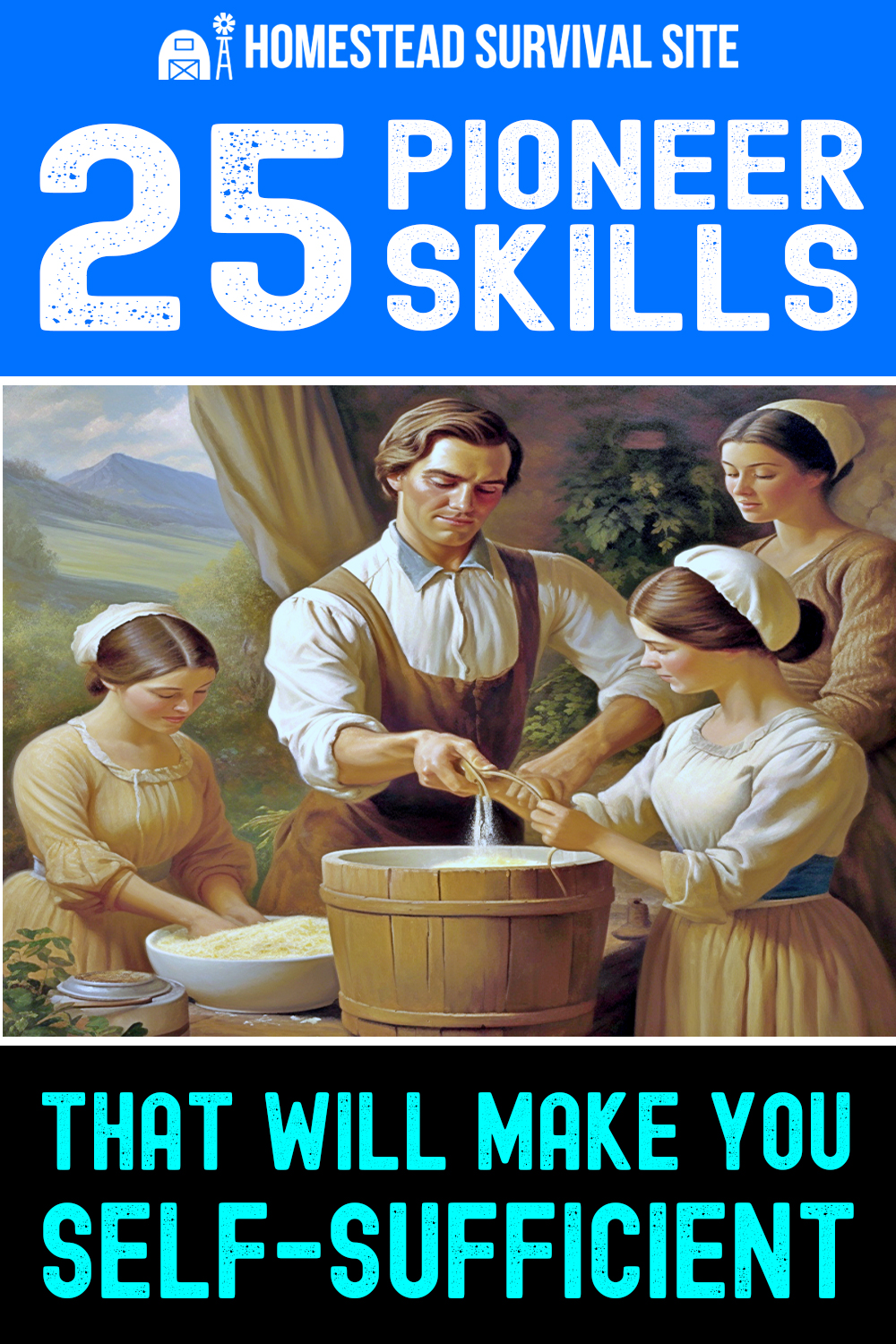


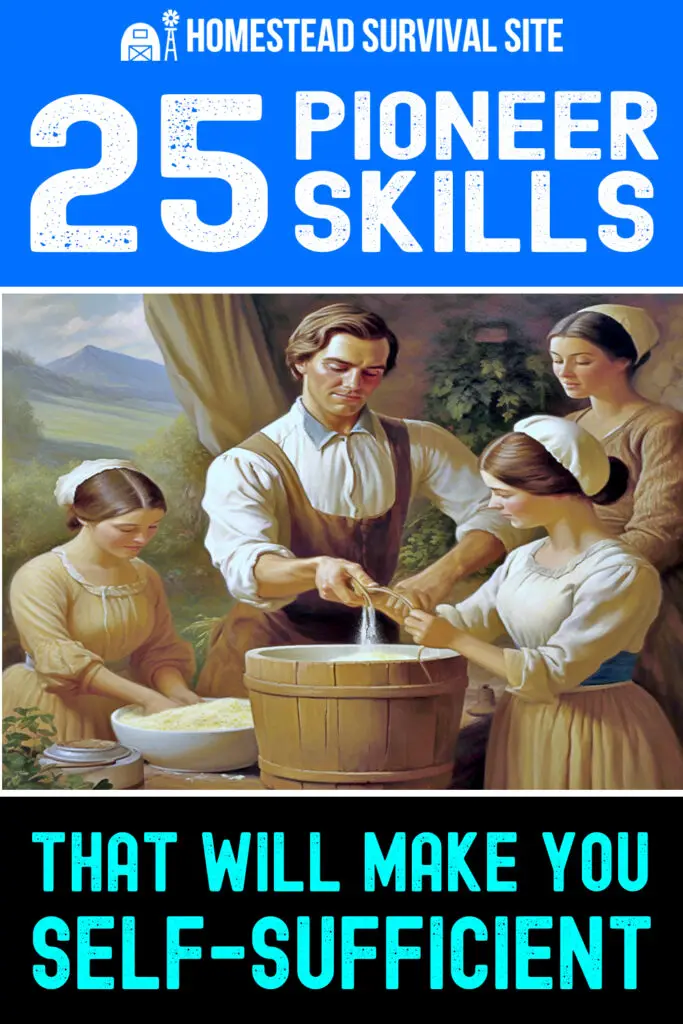



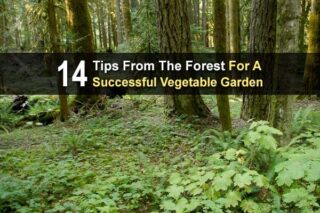


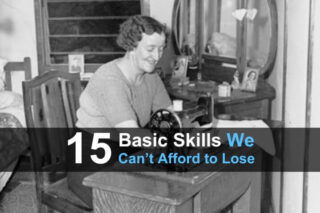

Open fire cooking in a shtf situation is an invite for disaster. Your position will be compromised at least three ways…learn how to improvise a rocket stove or a rocket log…the fuel used will be minuscule and far more control of all aspects
That is true, however eventually you will need that skill.
There will be uncontrolled fires, wildfires, lightening strikes and…
The need to safely dispose of large numbers of deceased (think lf scale disasters, starvation, plagues) and unusable, unsafe debris.
In the North it will be a necessity for heat too.
Learning how to safely burn, how to use various modes of fire and fire safety are paramount.
Much of the trash we now have will no longer exist and what we do have will be fed to animals, composted for worms or gardens….reused because it is now rare (containers, cardboard etc) and very little waste will need to be burned.
I would like to buy the book. Can you give me the particulars with prices. My computer gets tired before the end. Thank you.
I can do all of the above, raised without indoor plumbing,electricity, well we had too bucket. Watered our chickens ,ducks, calves etc out of creek , which was 1/4 mile from house or the spring on other side of hill. Never saw it as a chore it was pure survival . No work no food,no fire . Learned too read by coal oil lamp. When I even hint at that peaceful and useful life, around people, they immediately get condensending, And they lol and say,” and you walked 10 miles too school” no, it was only 3.5 miles. These will be the same whiny, useless, that wil belly up . And n O one will notice ,we will be too busy saving ourselves.
To forego modern conveniences means, among other things giving up penicillin, heart medicine, insulin. What happens when you slip on ice and bust a hip? It may be all well and good to live an isolated life, but the life expectancy of people 100 years ago was about half that of modern life. I am just short of 80 yrs. old and have spent more than half my life as a professional fur trapper in the boreal forests of Northern British Columbia. While the life I lived was pretty primitive by most peoples’ standard, I could not have managed without a rifle, store bought ammunition and thousands of dollars of manufactured traps, and many many other little conveniences.
Oh yes, I am also a professional blacksmith. Where does your supply of steel come from, your anvil and the forge itself? Lotsa luck.
You are ABSOLUTELY RIGHT!!! I didn’t walk to school but my grandparents didn’t have indoor plumbing until I was in 7th or 8th grade. We used pots or outhouse! We had hand pumps outside on the porch and in the yard for water. Grandma used wood stoves and a gas stove. She washed clothes by hand or with and OLD washing machine with a ringer!!! She taught me to can and do preserve food! We had gardens and chickens! My grandda taught me how to butcher a deers! I’m a black Indigenous woman and I’m PROUD of how my parents and grandparents raised me! We’ll be here when the saditty wihiners are gone cause we were taught how to survive! I have a wood stove in my home right now! When the lights go out, I can still eat!!!
I was raised much like you and am thankful I was. I know how to survive without electricity, running water, indoor plumbing etc. I worry less tham most.. I feel blessed to have learned and live like I did.
I know how to do all of the above, but can not pay the bills with any of them without it costing me a fortune first and then I would not be paying the bills. But if it comes to needing these skills, there will be nothing left to hunt of fish because everyone will be doing it.
Not a problem Jason. I’m surrounded by fat neighbours.
LET them catch the fish/rabbits/etc. And if every so often one of them disappears everyone else thinks they’ve drowned or got lost in the mountains. MY fridge is always stocked.
Very few will react properly in a dire situation… First is water, as it is too heavy to carry – Next is shelter from cold or heat, as I live in the Desert. Then acquiring food. It will take a while to start a garden from seeds. If you are not prepared for this – good by… Long term skills will do no good without addressing immediate threats. A week without water is fatal A month without food is fatal.
If you have old age problems, it is fatal. We all depend on our system of trucking. Without truck delivery to grocery stores, (One week) our food supply is gone. What are you going to do when your cell phone quits working? Lights out. What are you doing to acquire the 30 skills – only 20 mentioned.
Weaving is fine, but what about spinning? Can’t weave without yarn or thread, and it doesn’t have to be done on a spinning wheel. Drop spindles are inexpensive (they don’t need to cost a fortune), and you can always make your own. They are also highly portable.
I know there are books on making cordage – a search on Amazon or other book sellers! So, it would be time consuming to make your own cordage for weaving but it can be done. Of course, if you have the skill to spin your own yarn that is great if you have the raw materials.
Another form of weaving using natural materials is basketry. It is a necessary skill to have as well.
Why do these skills for survival never include one of the most basic skills for staying clothed, spinning. You can’t weave if you don’t first spin the thread!!!